|
I’ve been spending quite a bit of time lately exploring an unexpected connection to Paris, France. It’s been interesting figuring when and possibly why my Luxembourg family moved to Paris. Reading related materials, it wasn’t unusual for people to travel from smaller villages to a larger city such as Paris to hone their skills in a given trade. Knowing little about research in France, I thought I’d share what I’ve learned about using this site. Even if you don’t have ancestors from France, it may give you ideas as you pursue research outside the United States. There are helpful sites for researching in France but if you have a relative who lived in Paris, the Archives de Paris is a great resource. I don’t speak French and the site is written only in French but with a little experimentation, I was able to find my way around the site. Let’s look. While there appear to be other research areas, let’s focus on Etat civil de Paris. This area is golden if you are looking for your relatives. Choose Etat civil de Paris and you see this page. The first section of the page focuses on the types of records and the years available. The next section includes the links to these browsable records. (Yes, not searchable but browsable.) There are four main areas: Fichiers de l'état civil reconstitué Destroyed during the fires of the commune in May 1871, the Parisian civil status prior to 1860, was reconstructed, partly only. Of the 8 million of lost acts, only one third has indeed been reinstated. These acts mainly concern the nineteenth century. A second reconstitution as well as other ancillary sources are available in the reading room. Each card presents the year of the deed, the place where it was registered (the parish, the old borough or the commune since annexed to Paris), the name and the first names of the person concerned, finally the precise date of the event (and not the date of the act as for period 1860-1902). For weddings, a record has been prepared for each of the spouses, the wife is to be searched by her birth name. Actes d'état civil This is the section that I found the most useful in my searches. The actual document scans are available. I’ve translated the description from the site itself. “Birth certificates (1860-1912), marriage (1860-1940) and death (1860-1986) Records of acts are held chronologically for each of the 20 boroughs and by type of Act (birth, marriage, death). They contain the entire civil status documents, including the marginal mentions as they have been made obligatory. Note that the date of the Act may differ from a few days from the date of the event (corresponding to the reporting period).” For the type of document, you can choose naissance (birth), marriage (marriage) or des décès (death). Paris is divided into boroughs or arrondissements and you need to know the arrondissement number (1-20) in order to effectively search.
I was able to identify a street address from a prior search of marriage banns. By consulting a map of Paris with the arrondissements and the addresses I was able to narrow my search. If you don’t know but have an idea of the month and year, you could still search but you’ll need persistence and patience. Be creative and think about what you do know about the family. Once you’ve entered the information that you know, you will be presented with a listing divided into dates. There are also alphabetized listings that appear to be quarterly that can help you pinpoint the individual and then go back to the dates with the actual documents. The records are in French, but you’ll be able to see the surnames in the margins. Don’t get hung up on spelling, an extra letter or using an “I” instead of a “y” might still be your family. I consider the next two links as finding tools to help with the full records. The Tables annuelles “provides information for Tables of marriages (1933-1954) and deaths (1933-1954, 1985-1986).” It contains an alphabetized list of names for each year in each of the twenty boroughs. Tables décennales provides the same type of information but at the decade level. “Tables of births, marriages and deaths (1860-1932), marriage tables (1955-1974) and death tables (1955-1984) The ten-year tables, alphabetic lists constituted for a period of 10 years, are held by type of Act (birth, marriage, death) for each of the 20 boroughs.” What can you expect if you do find a document? Cursive writing in French so while it may take you a while to translate the document, they include interesting information. In the marriage documents, the parents of the bride and groom, their ages, addresses and occupations are included. It was through these records that I was able to discover that not only were my ancestors were married in Paris but also that a Luxembourg branch of the family lived in Paris for at least twenty years. While it can be intimidating to explore records in a language other than your native tongue, the basics of research and records remain the same. Good luck exploring Paris! “I guess it goes to show that you just never know where life will take you. You search for answers. You wonder what it all means. You stumble, and you soar. And, if you’re lucky, you make it to Paris for a while.” ― Amy Thomas, Paris, My Sweet: A Year in the City of Light
0 Comments
Leave a Reply. |
AuthorWith a lifelong passion for genealogy and history, the author enjoys the opportunity to share genealogy tidbits, inspiring others to research and write their family story. Archives
July 2024
Categories |
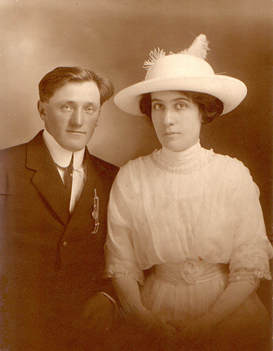
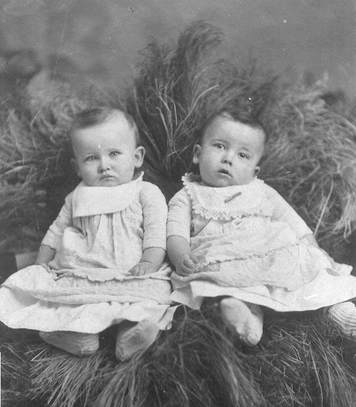
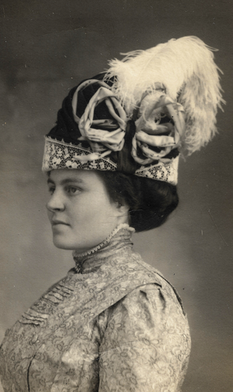

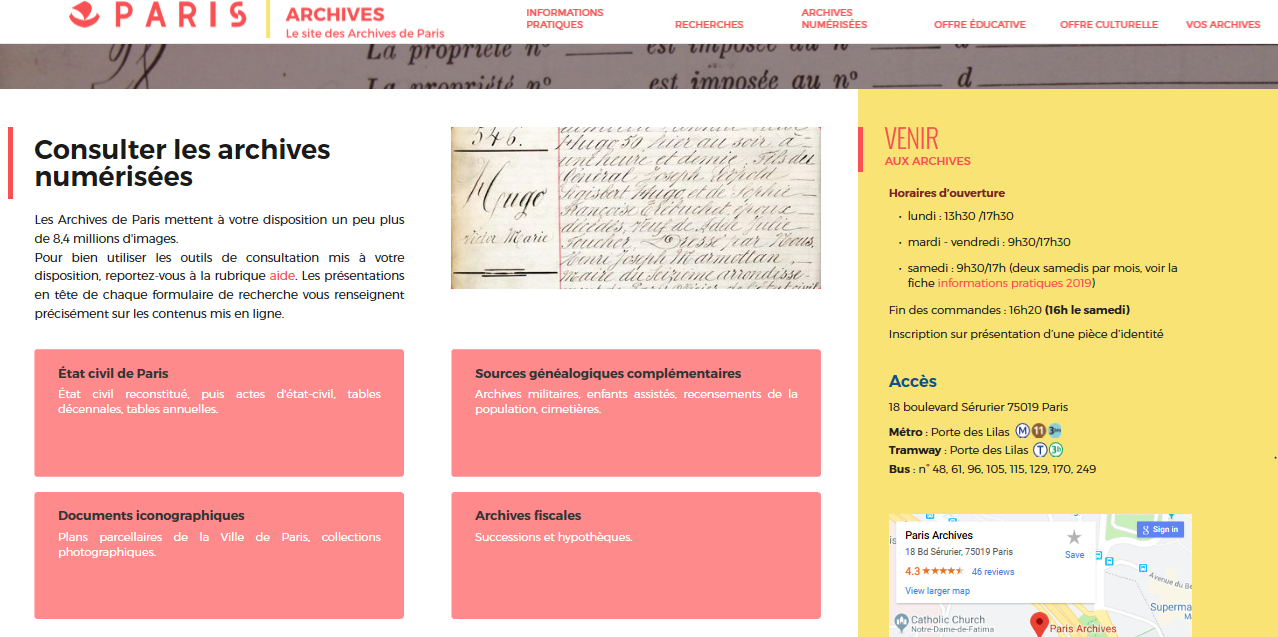
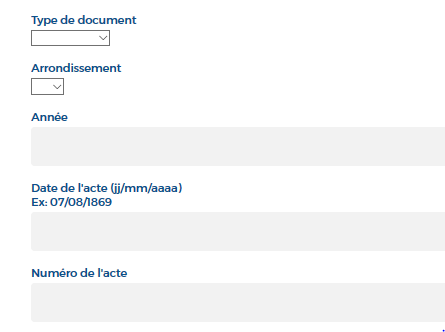
 RSS Feed
RSS Feed